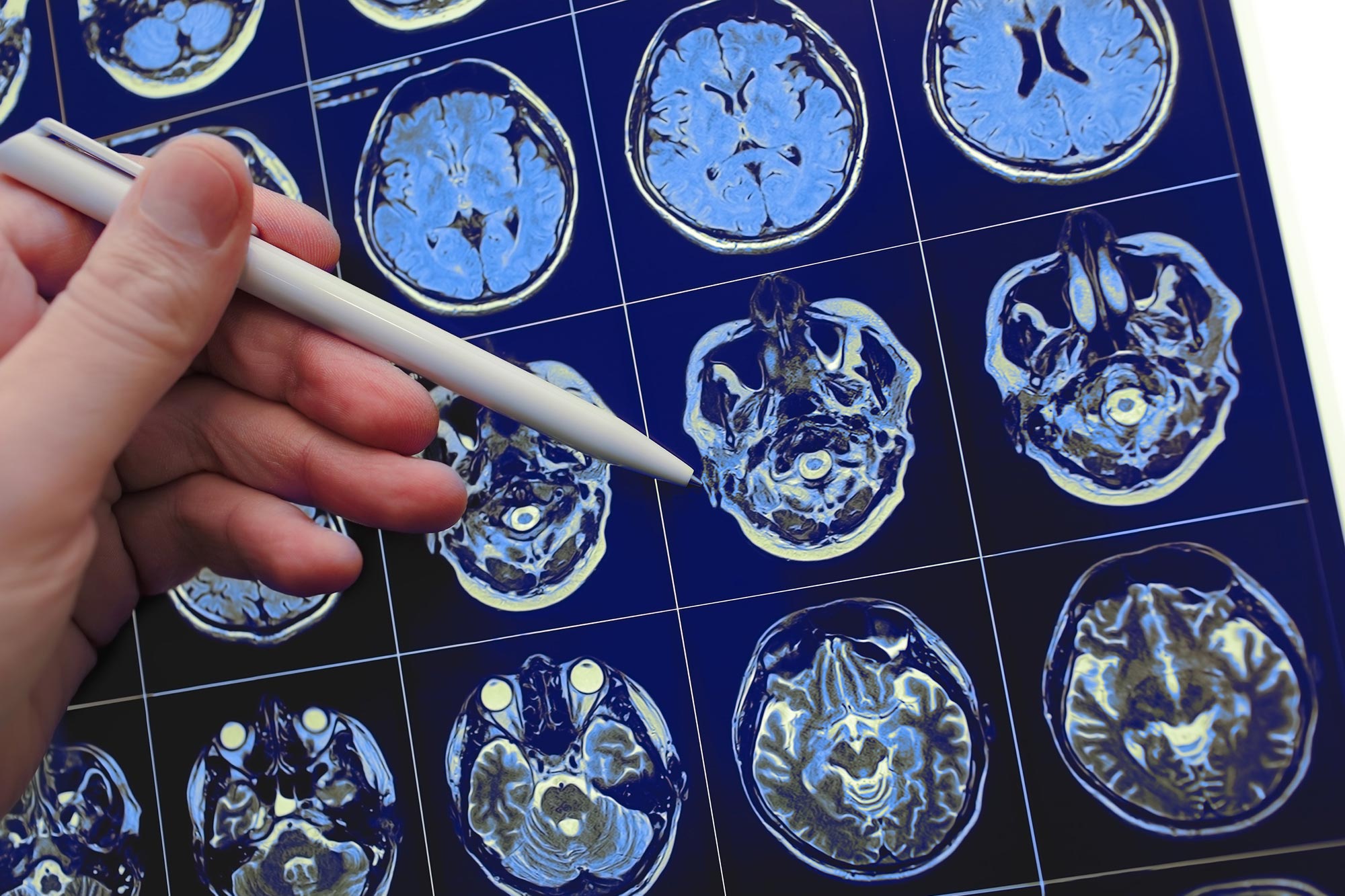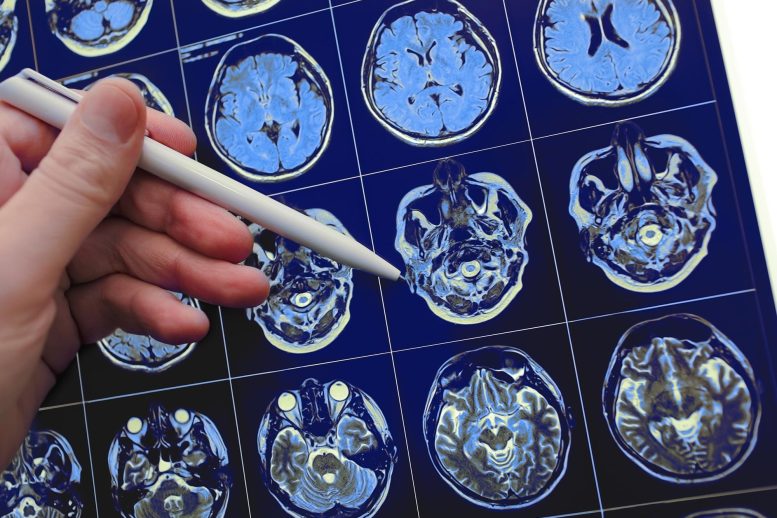

Poor sleep quality in early middle age is associated with increased signs of brain aging in late middle age, showing an almost three-year advancement in brain aging among those with significant sleep problems.
This correlation, as identified through brain scans in a study of 589 people, underlines the potential cognitive risks associated with disrupted sleep and emphasizes the need for early interventions.
Sleep Quality and Brain Health
People in early middle age who experience poor sleep quality, such as trouble falling or staying asleep, show more signs of poor brain health later in life, according to a study published today (October 23, 2024) in Neurology, the journal of the American Academy of Neurology. While the study does not prove that poor sleep directly speeds up brain aging, it does reveal a clear association between poor sleep and signs of brain aging.
“Sleep problems have been linked in previous research to poor thinking and memory skills later in life, putting people at higher risk for dementia,” said study author Clémence Cavaillès, PhD, from the University of California San Francisco. “Our study which used brain scans to determine participants’ brain age, suggests that poor sleep is linked to nearly three years of additional brain aging as early as middle age.”
Study Design and Methodology
The study involved 589 participants, who had an average age of 40 at the start. They filled out sleep questionnaires at the beginning of the study and again five years later. Brain scans were conducted 15 years after the study began to assess changes in brain health.
Researchers reviewed participants’ responses to questions such as, “Do you usually have trouble falling asleep?” “Do you usually wake up several times at night?” and “Do you usually wake up far too early?” They recorded the number of six poor sleep characteristics for each participant: short sleep duration, bad sleep quality, difficulty falling asleep, difficulty staying asleep, early morning awakening, and daytime sleepiness.
Participants were divided into three groups. Those in the low group had no more than one poor sleep characteristic. People in the middle group had two to three, and those in the high group had more than three. At the start of the study, about 70% were in the low group, 22% were in the middle and 8% were in the high group.
Findings on Sleep and Brain Aging
Researchers examined participants’ brain scans where the level of brain shrinkage corresponds to a specific age. Researchers used machine learning to determine the brain age of each participant.
After adjusting for factors such as age, sex, high blood pressure, and diabetes, researchers found people in the middle group had an average brain age that was 1.6 years older than those in the low group, while those in the high group had an average brain age 2.6 years older.
Of the sleep characteristics, bad sleep quality, difficulty falling asleep, difficulty staying asleep and early morning awakening were linked to greater brain age, especially when people consistently had these poor sleep characteristics over five years.
Implications for Early Intervention
“Our findings highlight the importance of addressing sleep problems earlier in life to preserve brain health, including maintaining a consistent sleep schedule, exercising, avoiding caffeine and alcohol before going to bed, and using relaxation techniques,” said author Kristine Yaffe, MD, of the University of California San Francisco and a member of the American Academy of Neurology. “Future research should focus on finding new ways to improve sleep quality and investigating the long-term impact of sleep on brain health in younger people.”
A limitation of the study was that participants reported their own sleep problems and it is possible they may not have reported them accurately.
Reference: 23 October 2024, Neurology.
The study was funded by the National Institute on Aging.